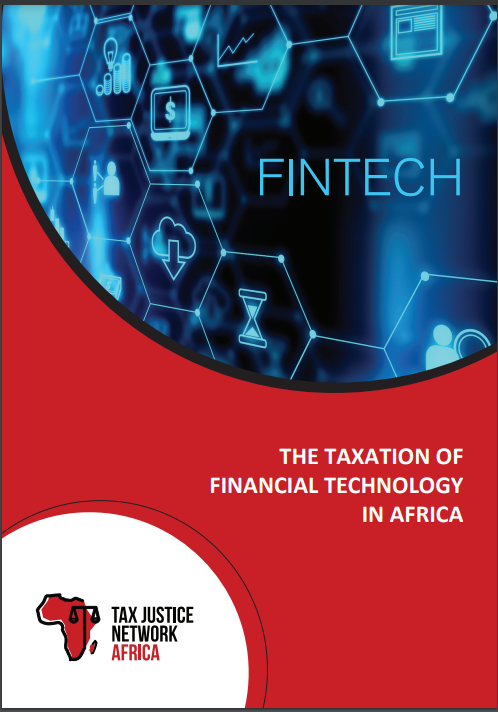

About 1.7 billion adults remain unbanked and almost all the
unbanked adults live in developing countries (Global Findex
Database 2017). This gap has been filled by mobile phones and
the internet that have created new opportunities for providing
financial services to the unbanked. Consequently, 58% (765
million) of sub-Saharan Africans now have registered mobile
accounts (Mauritius Africa FinTech Hub), which they use as
payment, lending and remittances platforms. The development
of mobile phones from simple text messaging and provision of
mobile money accounts to the creation of apps through which
access to credit, cross border transfers, remittances, and issuance
of digital currency is facilitated has transformed the structure
of the financial industry in Africa. The use of technology for the
provision of financial services has changed the way Africans store,
save, borrow, invest, move, spend and protect money (Skan,
Dickerson and Gagliardi 2016). Gallup data collected by McKinsey
& Company in 2014 on 44 nations in sub-Saharan Africa showed
that an average of 54% of adults utilized FinTech to make payments
totaling approximately 5 billion transactions annually.
The total volume of these flows was estimated at $760 billion (of
which 50-60% of the transaction were in cash). If a conservative
estimate of revenues at 2% of volume is applied, it would result
in annual revenues of about $6.6 billion from electronic payments
alone. It is now estimated that the FinTech industry in Africa by
2022 will contribute between $200 million to $3 billion in revenues
annually. This demonstrates that the correlation between FinTech
and revenue mobilization is quite strong. It thus becomes
necessary to understand whether and how FinTech in Africa is
taxed. This working paper discusses two interrelated themes:
the regulation and subsequent taxation of FinTech. It is argued
that the domestic and international regulatory framework within
which FinTech operates guides its tax architecture. Whether it
is then advisable to adopt a common African approach to the
regulation and taxation of FinTech or to advocate for individual
African nations to enact bespoke FinTech laws is the core aim that
this working paper sets out to discuss.
